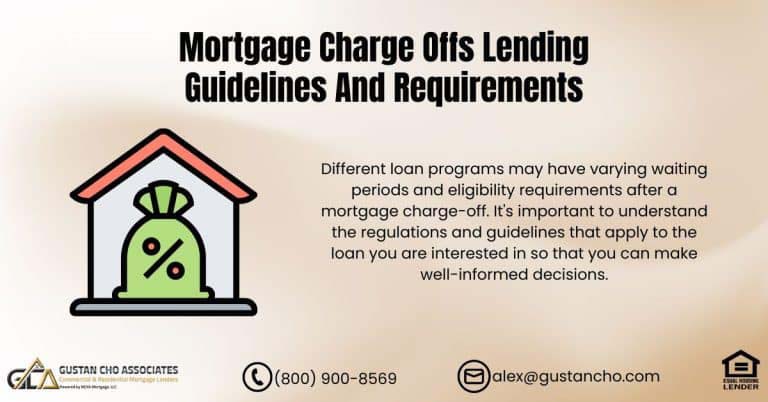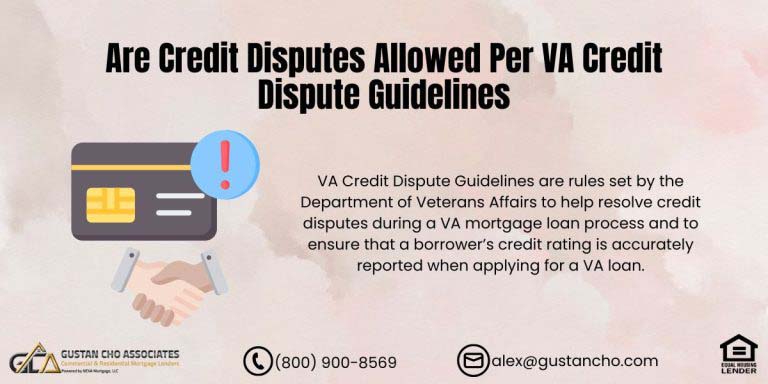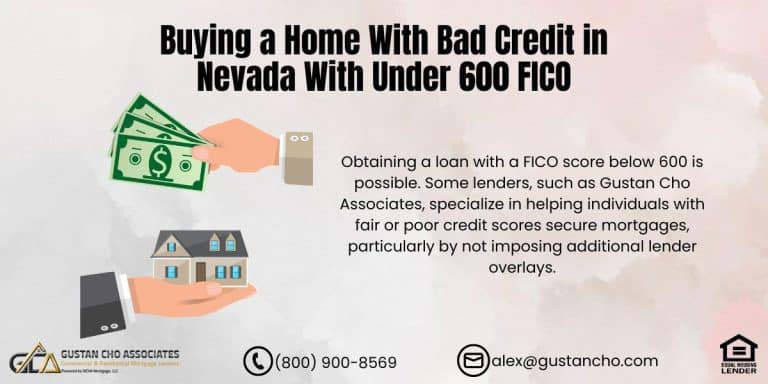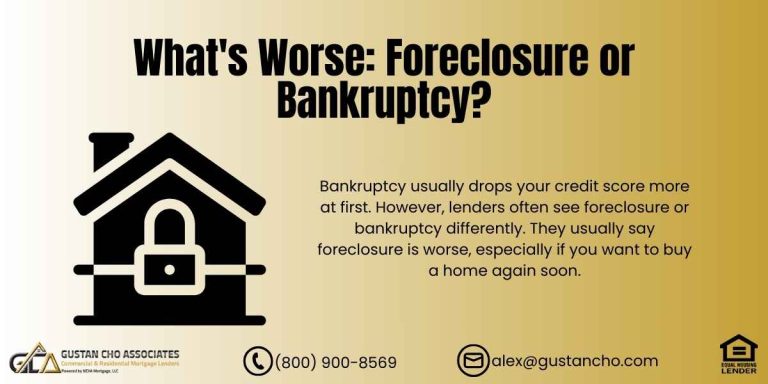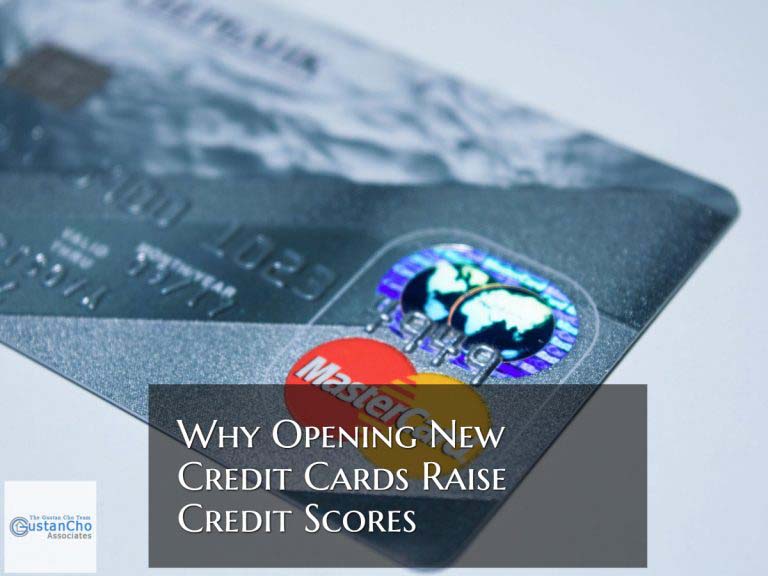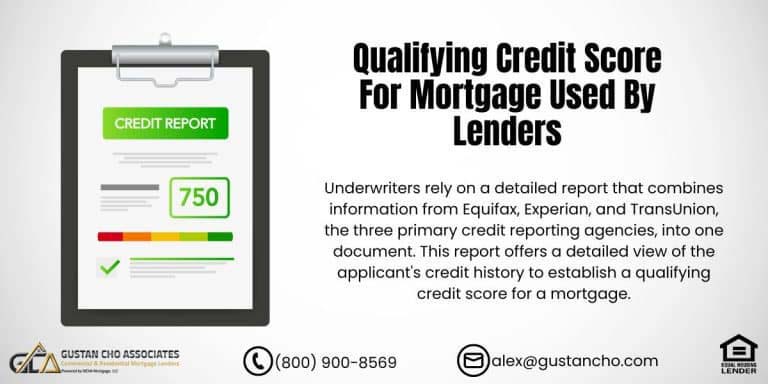This guide covers frequently asked questions disputing fraudulent credit card charges. We will detail how to avoid and protect yourself from fraudulent credit card charges and how to deal with a situation if you become a victim of fraud. Here are the FAQs on fraudulent credit card charges we will be covering in this guide:
- What to Know about disputing charges when Using credit cards
- Tips on how to use your credit card
- How credit card companies operate
- Ways to pay
- When mistakes happen
- Credit card company’s responsibilities
- How to handle a billing error on your credit card account
- Consumer Protections
- Investigating your claim
- Appealing a credit card issue
- Credit Card Fraud
- Unauthorized use of our card
- Responsibility for purchase during the dispute
- How does fraud happen?
- What happens when fraud is suspected?
- Can I continue to use my old card until I get my new one?
- What if the merchant wants to fight the dispute?
- Is the investigation for debit cards the same process?
- How long will the investigation take?
In the following sections of this guide, we will cover disputing fraudulent credit charges where you do not fall victim to credit card fraud. We will also discuss your rights as a consumer and how to deal with credit card companies.
What to Know Disputing Fraudulent Credit Card Charges
One of the credit scoring factors used to get your credit scores is your credit payment history. Your credit payment history shows creditors your financial responsibility habits—people with a history of paying timely are classified as financially responsible. Consumers’ payment histories are reported on all three major credit bureaus for seven years.
It is important consumers make timely monthly payments on time and not be late. Creditors look at the payment history of credit applicant when evaluating credit worthiness.
Those with late payments are classified as financially irresponsible. Creditors use your timely payment history to judge your creditworthiness when processing your credit application for either a credit line increase or new credit. Consumers have responsibilities when it comes to using their credit cards, but they also have the right to dispute any errors on the part of the credit card company.
How to Use Your Credit Card Securely and Avoid Fraudulent Credit Card Charges
The function of the credit card is to allow you to buy things you cannot afford and pay them back later. If you pay it off every month, you will pay less for your credit. People also use their cards to strengthen their credit history by proving they faithfully repay the borrowed money. This can work to your detriment if you do not pay back the money borrowed, and it will damage your credit history.
Banks and other lenders who want your business will look at several factors to determine whether you are a good risk. One of the deciding factors taken into account is your payment history. Your payment history shows your habit and pattern of financial responsibility.
Creditors will take your income, ability to repay, credit scores, and payment history to decide if they want to do business with you. Your credit profile determines the interest rate you will be charged based on how you have handled your payments. If you are always paying back what you borrowed on time and never borrow more than you can afford to pay back, they will, of course, be more confident to do business with you in the future. Make your payments on time.
How Credit Card Companies Operate
Many credit card companies have a grace period between the end of the billing period and when your payment is due. You can use this grace period if you cannot pay your total balance. You will not pay interest on this borrowed money. Not all credit card issuers give grace periods, although some do with restrictions. There is the option of paying the full or minimum balance.
How To Pay Your Monthly Credit Card Payments
If you pay your credit card by mail, you must verify your billing statement for the correct due date and address for the payment. If you use the wrong address and the payment arrives late, this can delay crediting your account. If you pay electronically, set reminders to pay on time.
If you can’t pay in full, you must at least pay the minimum balance so your interest rate does not increase or you have to pay fees. This also damages your credit history.
You may also get a receipt for this payment to show that the issuer got your payment. The other possibility of payment is automatic debiting. If you sign up for this, you will give your credit card issuer information and permission to withdraw the amount directly from your bank account. This convenience comes with risks. You must diligently check your credit card bills and statements so that all withdrawals are accurate. It is possible that the issuer could take out the wrong amount or bill you for something that you didn’t charge.
Difference Between Errors Versus Fraudulent Credit Card Charges
Check your credit card account statements regularly to catch any mistakes quickly. When you receive your statement or when it’s posted, check it immediately to keep track of your spending and detect any unauthorized charges or other mistakes.
Federal law states that you have the right to correct errors immediately –for instance, if the issuer hasn’t billed you or your payments haven’t shown up. Have the details regarding the inaccurate charges when talking to the representative.
If you have a problem with something you bought, there will be a difference in how the problem is corrected than if there was a mistake on your bill. Each month your payment may be different.
If you cannot pay your bill and overdraw your account, you may get charged by the bank or the credit union.
These overdrafts can also damage your credit. Your credit card issuer (bank or credit card union) must have your signed written or electronic authorization to transfer funds from your account. It must give you a copy of this transaction.
Managing Your Finances To Avoid Fraudulent Credit Card Charges
The issuer must also inform you of the terms of the debits, the timing, and the amounts. If your debit payment will vary from your arranged amount, they must notify you at least ten days ahead of the payment to ensure that you have enough money in your account to cover it. You are not required to use automatic debits from your bank or credit union to pay a bill under Federal law.
Credit Card Company’s Responsibilities
According to Federal law, the creditor has certain federal guidelines they need to follow. Once credit card issuers get your payment, they must credit your account. Credit card companies may set reasonable conditions for these payments. There may be a particular time that your payment has to arrive by or that you must include the account number or payment stub.
Credit card companies give a 30 day grace period for consumers to pay the minimum amount due on their credit card payment before reporting them late on the credit reporting agencies.
They must inform you when you owe more than one dollar. This also includes if they owe you more than one dollar. If you haven’t bought anything that month but are being charged interest on your account balance, the issuer must send a statement to you for that billing period.
How To Work With Credit Card Companies
If you have overpaid or are due a refund, they must carry out this transaction promptly if the amount is over a dollar. Suppose you purchased a merchandise or service using your credit card and returned the goods or services. In that case, the credit card company needs to credit your credit card, says John Parker, the National Managing Director of Business Development at Gustan Cho Associates.
For refunds, they must be issued within seven business days after they get your written permission. Be sure you have the correct postal address or email address.
Credit card companies must send you your bill at least 21 days before the payment is due so that you know how much you owe and have time to pay before you are charged anything extra. The issuer must try to refund a credit balance within six months. Give you a written notice that you can dispute billing errors. This will come when you open a new account and periodically after that.
How to Handle Billing Errors on Credit Card Accounts
A company may bill you for something you returned, never received, or billed twice. The Fair Credit Billing ACT or FCBA) Send out a dispute process to help you fix these problems on the cards and other accounts. This process is for billing errors on credit cards and not for personal loans to buy cars or other significant investments.
Federal law limits your responsibility for unauthorized charges up to $50. These may be signs of identity theft, so go to Identity Theft.gov to learn what to do immediately.
You may have bought an item but put the wrong date, amount or done the math wrong. You could not have accepted an item, it wasn’t delivered as you agreed, or you may want to explain or clarify something. If you do not dispute a billing error, the issuer is not obligated to follow the dispute process.
Consumer Protection From Billing Errors
Take advantage of the law’s consumer protections. You may call the customer service number on your credit card website. Often this will result in immediate clarification and change of your dispute. If you write the issuer, use the address given for billing inquiries, not the one you use to send your payments.
If your payments or other credits aren’t posted to your current address (if you moved), you must have sent the issuer your present change of address within 20 days before the billing period ends.
Be sure to provide your name, address, account number, and a mistake description. Send this letter within 60 days after the dispute appears on the bill. If you send this letter by certified mail, you will get a return receipt, proof that they received it. Keep a copy. The issuer should reply to your complaint within 30 days unless the issue has been resolved. The issuer must resolve the complaint within 90 days.
Investigating Your Claim of Fraudulent Credit Card Charges
You have the right to withhold payment of the disputed amount and any incurring charges while the insurer investigates the claim. You must, however, pay any part of the bill that is not in question, including finance charges. The issuer may not act against you for using your rights, but they may report to nationwide credit bureaus that you are challenging your bill.
They can’t threaten your rating or report that you are late on your payments. They may not require you to pay your full balance immediately nor discriminate against your using your rights under the law to dispute a bill.
If your bill has a mistake, the issuer must explain in writing exactly what correction will be made to your account and remove all finance charges. If the bill is correct and you owe some amount, they must tell you how much you owe and the reasons why.
If you need support or proof documents, they must provide them, the date you must pay, and any other applicable charges. If you were granted a grace period previously, they should also give you the same treatment. This grace period gives you time to pay the bill to avoid further charges. They cannot report you as a delinquent if you pay on time.
Appealing a Charge-Back From Fraudulent Credit Card Charges
You can appeal the decision within the period they gave you if you disagree with payment or within ten days of getting the explanation. If you want to appeal, write the issuer, and at this point, the issuer can begin the collection procedures. There is a period that you can appeal a decision.
You can write to the issuer and refuse to pay because you are disputing the error, but they may start collection procedures now. You can complain by filing a complaint with the Consumer Financial Protection Bureau.
If the issuer wants, they can report you as delinquent to the credit bureau, but the report must also say that you are disputing the billing error. The issuer must supply you with the names of those to whom the reports are going and when your dispute is resolved. If the issuer does not follow the proper procedures, they may forfeit a part (up to $50) of what they are allowed to collect. (the disputed amount plus the finance charges), even if the bill is correct.
Complaint About The Merits of Goods and Services Charged With Credit Card
Under state law, you have the same rights to take legal action against an issuer as against a seller. This right may differ from state to state. Each state has a Consumer Protection Agency that you can search for what protections and requirements are in your state. The protection rules cover goods or services you bought within 100 miles of your current address, and if they cost more than five dollars, you must have tried to resolve the dispute with the seller first.
How To Report Fraudulent Credit Card Charges
Contact the credit card issuer immediately if you have problems or a dispute with something on your credit card so that the time you are allotted under your legal protections stays put. Also, contact the seller simultaneously to help resolve this issue. But if you need help with the item’s quality, contact the seller before contacting the issuer. You can always report an unresolved problem to the FTC at ReportFraud.ftc.gov and the Consumer Financial Protection Bureau.
Fraudulent Credit Card Charges By Unauthorized Users
Using your credit card by a third party for a purchase, charge, or any other card transaction is an “unauthorized purchase if you have not permitted the card to be used or access to the card information.
You must protect your card, personal account, and identification numbers, including where you store login info. Make sure nobody hears you order a merchandise or service over the phone and take down your credit card data.
If you have permitted others to access your account, those transactions are not “unauthorized,” and you might even benefit from them. You must contact the credit card company as soon as possible if you suspect an unauthorized purchase so that they can assist you.
How Does The Creditor Handle The Process of Fraudulent Credit Card Charges
The credit card company will open an investigation to confirm if the transactions were unauthorized. If you see a purchase you don’t recognize, check with any secondary cardholders to know if they recognize the transaction. You can also see more details about the charges by clicking on them in your account activity section on the credit card website. Dale Elenteny, a senior loan officer and credit card fraud expert, explains as follows:
You can contact the credit card company’s customer service or the three major credit reporting agencies to create a claim or dispute. Your credit card account will not accrue interest while the creditor is investigating the fraudulent credit card charges.
You will not be responsible for the questionable purchases while the credit card company’s fraud division investigates the fraudulent credit card charges. Contact the credit card company immediately with the issue; from then on, it is not your responsibility to pay any incurred debts.
How Does Fraudulent Credit Card Charges Happen?
When your card information gets compromised in a data breach, criminals will take this to make unauthorized purchases on your card or card account information by a third party. It can also happen if your physical card is stolen or lost. This is a serious crime punishable by law. Local, state, and federal authorities work together to bring these criminals to justice these criminals to justice.
What Happens When Fraudulent Credit Card Charges Are Suspected?
When fraud is suspected, the account is closed immediately to protect your information and against any more unauthorized use. An investigation into the questionable transactions will occur. If you have any, you must destroy your cards, PINs, and checks. Your account history will be transferred to a new account, and your card will be replaced with all new information. Your account will be credited with the amount of the questionable transaction, which will be removed from your account pending the outcome of the investigation.
Can I Continue Using Old Credit Card While Waiting For a Replacement New Card?
No, you cannot use your old card. You should destroy the card so that no more unauthorized use can occur. This card will be deactivated, and that account will be closed. Your replacement card will be delivered within 3-7 business days.
What If the Merchant Disputes the Claim of Fraudulent Credit Card Charges?
When the merchant wants to dispute the claim, this is called representment. This means that the merchant wants to “re-present” the transaction to the issuer with evidence to support their claim that the transaction was legal and should be upheld. With this, the bank must re-do the card fraud investigation to review the new evidence the merchant introduced. This may take as long as six months to resolve.
Is the Investigation For Debit Card Fraud the Same Process?
The bank might have different standards and processes for fraud investigation; however, it is the same as for credit cards. Debit cards are directly tied to the customer’s funds rather than just credit.
Who Pays for Fraudulent Credit Card Charges
A merchant who accepts a fraudulent transaction may be held liable to cover the fraudulent funds. However, it is common for banks to write off smaller fraudulent transactions because the cost of chargeback processes makes this more viable.
How Long Does Investigations on Fraudulent Credit Card Charges Take?
Once you file a fraudulent credit card charges claim, it will normally take 30 to 60 days for the creditor to investigate your claim. The length of the investigation depends on each credit card company. There are instances when the investigation may take up to 90 days. The company will notify you when it is complete. The company may contact you for further information during the investigation if necessary.



